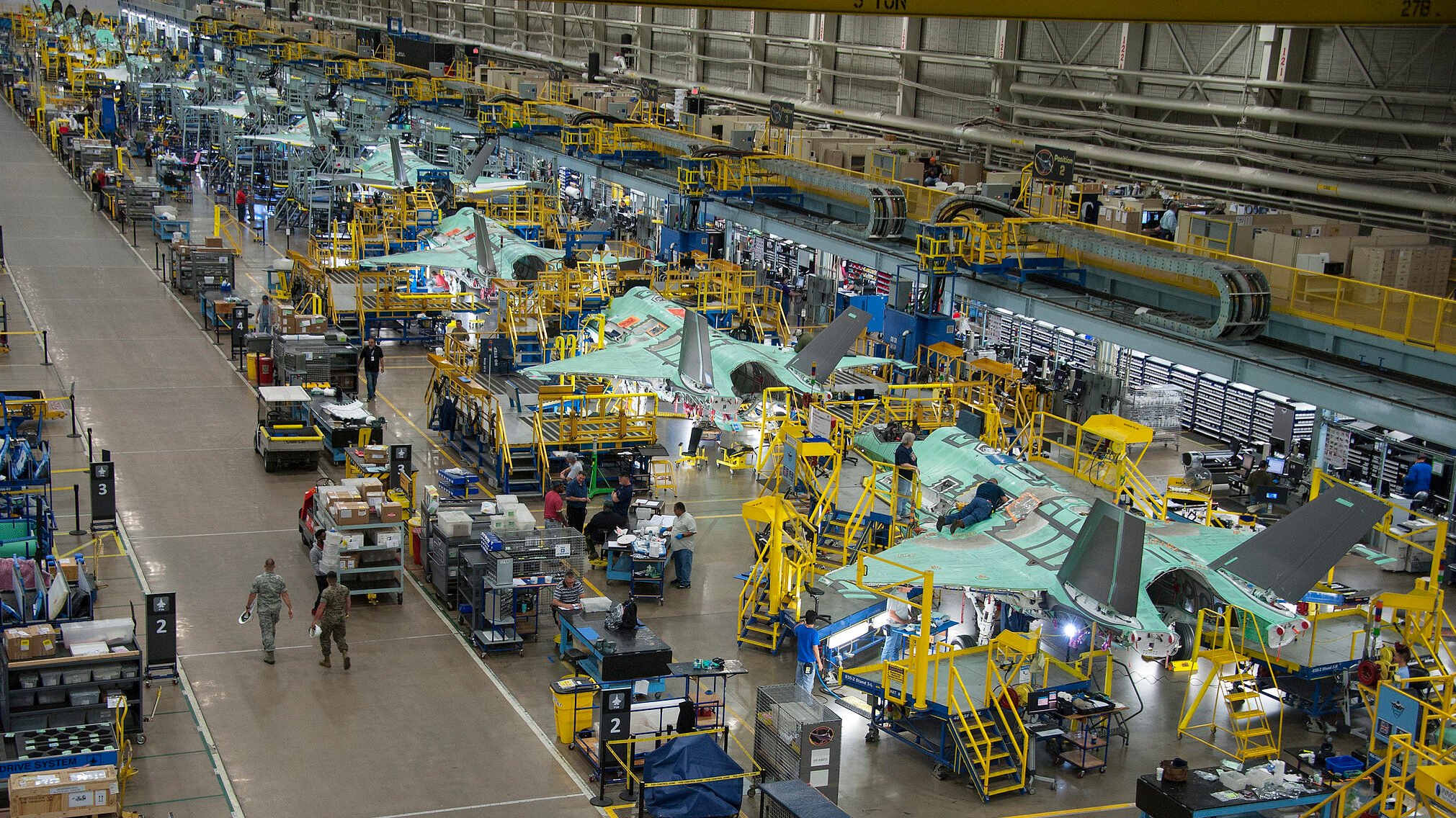In today’s fast-paced global economy, building resilient supply chains is critical for companies aiming to achieve success on a global scale. The ability to adapt to disruptions and unforeseen challenges is what sets apart a robust supply chain from a fragile one. As businesses expand their operations across different countries and continents, the importance of having a resilient supply chain becomes even more pronounced.
By implementing strategic planning and leveraging technology, companies can enhance their supply chain resilience and gain a competitive edge in the global marketplace. In this article, we will explore key strategies and best practices for building resilient supply chains that can withstand the complexities and uncertainties of the global business environment.
1. Understanding the Importance of Resilient Supply Chains

Understanding the importance of resilient supply chains is crucial for companies aiming for global success in today’s dynamic business landscape. A resilient supply chain is one that is able to adapt and recover quickly in the face of unexpected disruptions, such as natural disasters, economic shifts, or pandemics.
By building a supply chain that is resilient, companies can minimize the impact of these disruptions, maintain continuity in their operations, and safeguard their reputation with customers and partners. In a globalized world where supply chains are becoming increasingly interconnected and complex, the ability to anticipate and respond effectively to disruptions has never been more important.
Companies that prioritize building resilience in their supply chains are better positioned to weather the storms of uncertainty and gain a competitive edge in the market.
2. Assessing Vulnerabilities in Your Supply Chain

To build a resilient supply chain for global success, it is essential to assess vulnerabilities within your supply chain. Identifying potential weaknesses and risks in your supply chain can help you proactively mitigate disruptions before they occur.
Factors to consider when assessing vulnerabilities include supplier reliability, transportation logistics, geopolitical factors, and natural disasters. By thoroughly evaluating these areas, businesses can develop contingency plans and implement safeguards to strengthen the overall resilience of their supply chain.
This proactive approach can help minimize any potential negative impacts on production and distribution, ultimately ensuring continuity and success in the global marketplace.
3. Diversifying Suppliers and Partners

Expanding your network of suppliers and partners is essential for building a resilient supply chain that can weather unexpected disruptions. By diversifying your sources, you can reduce the risk of being overly reliant on a single supplier or partner.
This not only helps to mitigate potential disruptions caused by factors such as natural disasters or geopolitical issues but also opens up opportunities for innovation and cost savings. Collaborating with a range of suppliers and partners can introduce new ideas and perspectives, driving growth and success in a rapidly changing global market.
By cultivating strong relationships with a diverse array of stakeholders, you can position your supply chain for long-term sustainability and success.
Conclusion
In conclusion, building resilient supply chains is crucial for achieving global success in today’s rapidly evolving business landscape. By implementing various strategies such as diversifying sourcing locations, investing in digitalization, and fostering strong partnerships with suppliers, companies can better navigate disruptions and uncertainties.
Overall, an agile and adaptable supply chain is vital for staying competitive in the marketplace. As supply chain expert Nikita Mishin suggests, by prioritizing resilience and flexibility, businesses can position themselves for sustainable growth and success in an increasingly interconnected world.


